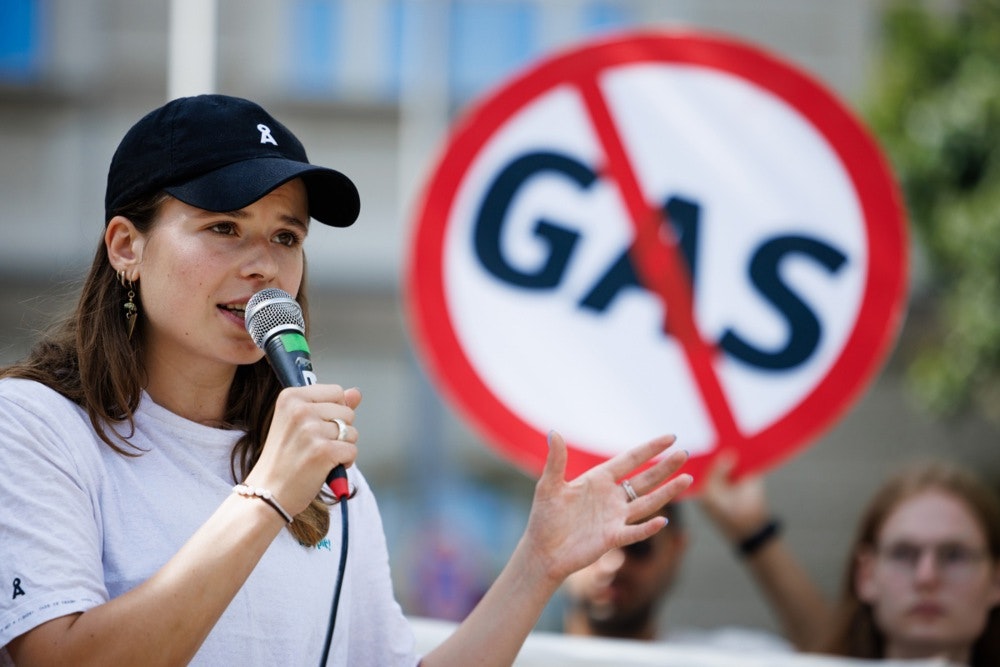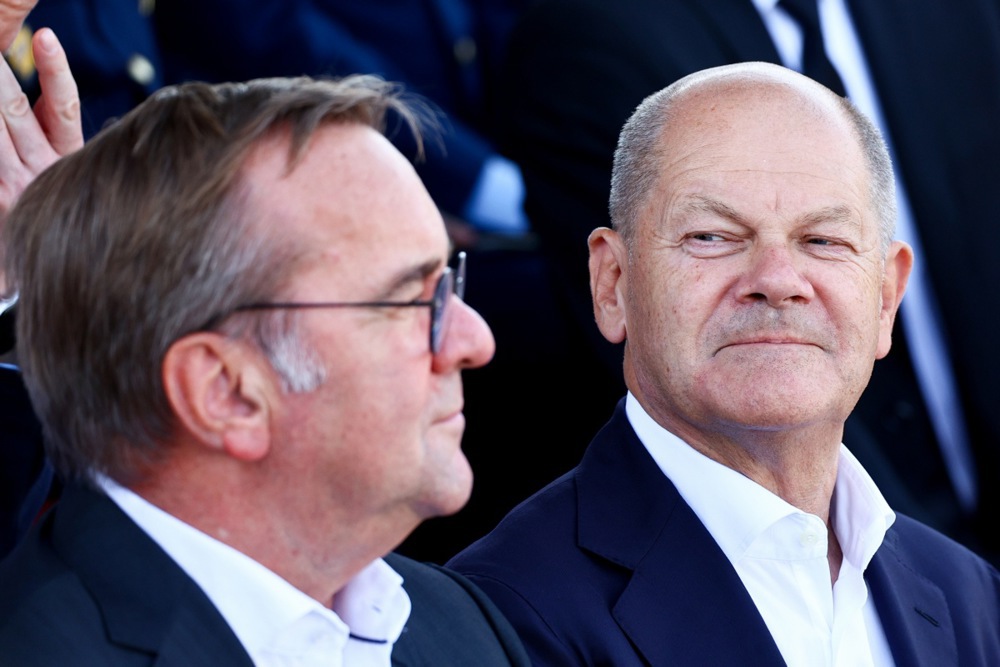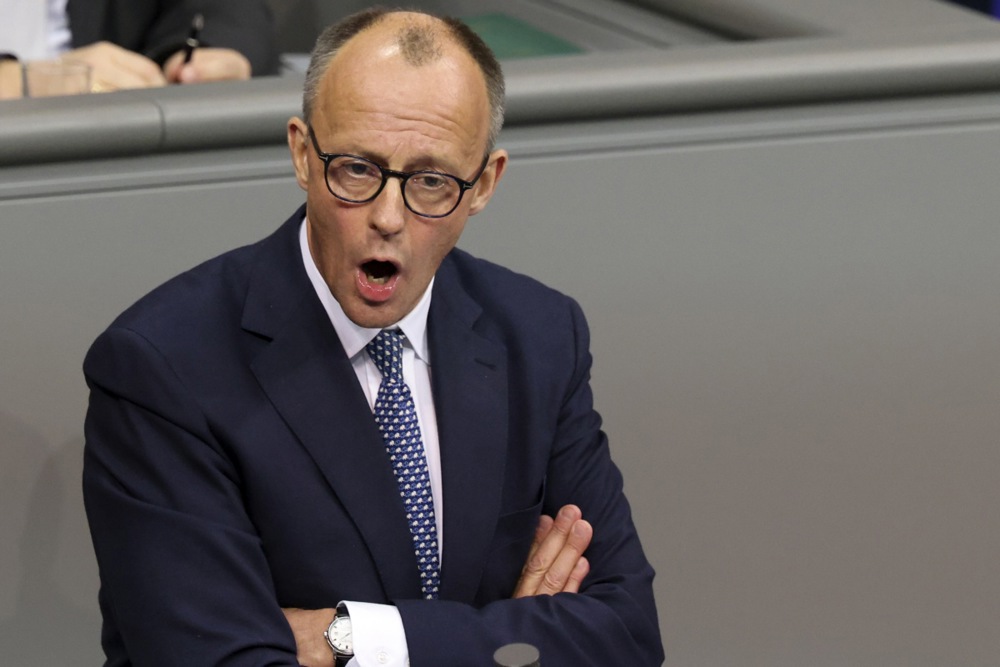Energy policy has figured highly in Germany’s February 23 elections, the country’s first since Berlin severed ties with Russia, its long-time gas supplier.
All parties other than the AfD have called for persevering with the German transition to renewable energy sources.
However, Germany’s likely next chancellor, the CDU’s Friedrich Merz, has also suggested a return to nuclear energy, which the country abandoned in 2022 as part of its energy transition.
Merz’s conservative Christian Democrats (CDU) and their Bavarian sister party, the CSU, have made a bold promise to reduce electricity costs by 5 euro cents per kilowatt hour (kWh).
To achieve this, the Union parties have proposed cutting power grid fees, raising carbon emissions permit prices, and encouraging private investment in power grids.
Merz’s party also has raised the possibility of revisiting the country’s planned ban on fossil-fuel cars from 2035, but have not yet offered details.
The Alternative for Germany (AfD) has taken a starkly different approach to other parties in energy policy.
Tino Chrupalla and Alice Weidel’s party has called for the continued use of gas and oil heating systems and coal power stations.
The AfD has also vowed to restart domestic brown coal mining and reverse Germany’s exit from nuclear energy, which it views as a crucial step in ensuring energy security.
AfD has been critical of the current government’s push for a green energy transformation, claiming it is driven by ideological motives, and will lead to poverty, deindustrialisation, and increased import dependency.
The party has called for Germany to leave the Paris climate agreement, cut energy taxes, and restart the Nord Stream gas pipeline, which had previously carried Russian natural gas under the Baltic Sea.
The Social Democrats (SPD) have meanwhile been the party strongly committed to supporting renewable energy.
They have proposed a transformation fund, reimbursing consumers for taxes and levies in shifting to renewables, to lower the cost to households of moving to greener energy.

Olaf Scholz’s SPD also has called for loosening constitutional limits on public debt, known as Germany’s “debt brake,” to free up funding for additional energy subsidies. If successful, this would mean more public spending and an increase in national debt.
Scholz’s party has also called for helping customers buy German-made electric cars, through a temporary tax deduction to make German electric vehicles more competitive against Chinese alternatives.

Perhaps unsurprisingly, the Green Party, like the SPD, has stayed steadfast in its commitment to renewable energy.
The Greens have been planning a capacity market design to complement gas-to-power plants and act as a backup given the intermittent nature of wind and solar energy production.
Besides promoting electric cars, heat pumps, and energy sharing, the Greens also have plans to increase energy efficiency across the country, particularly for low-income consumers.
German police have launched an investigation into suspected cases of Russian espionage after drones were spotted over several military installations in Bavaria. https://t.co/ARhOnc6aCK
— Brussels Signal (@brusselssignal) January 14, 2025





Merz or Scholz: German politics to continue on the same self-destructive path